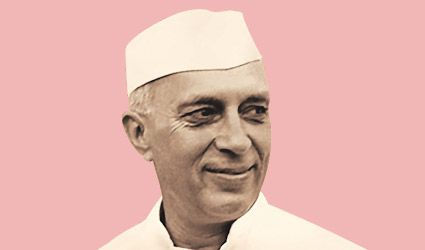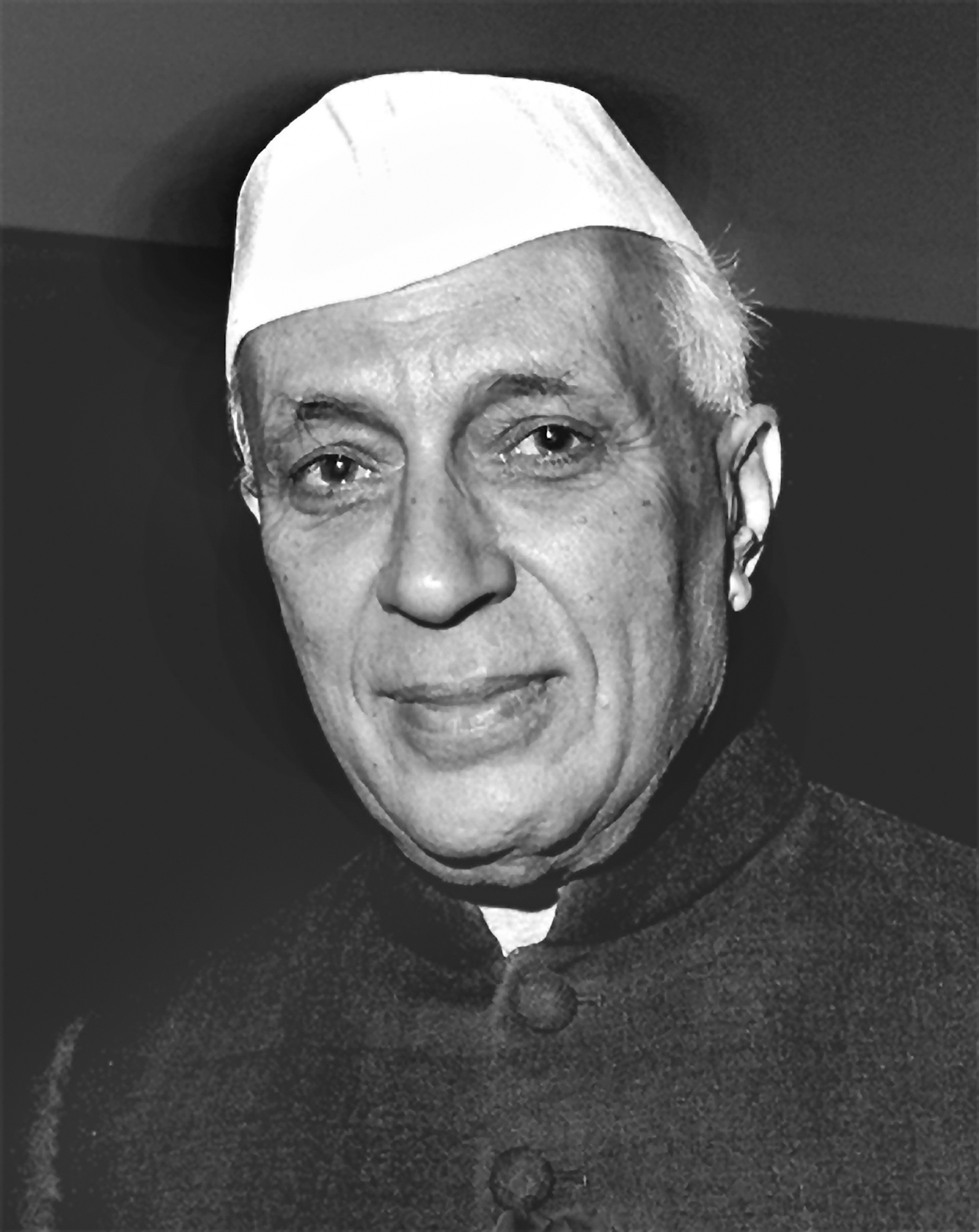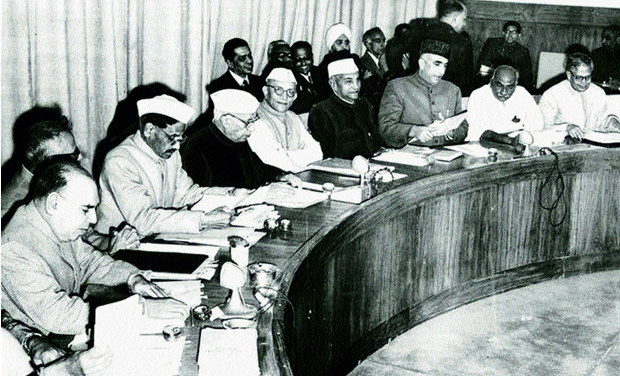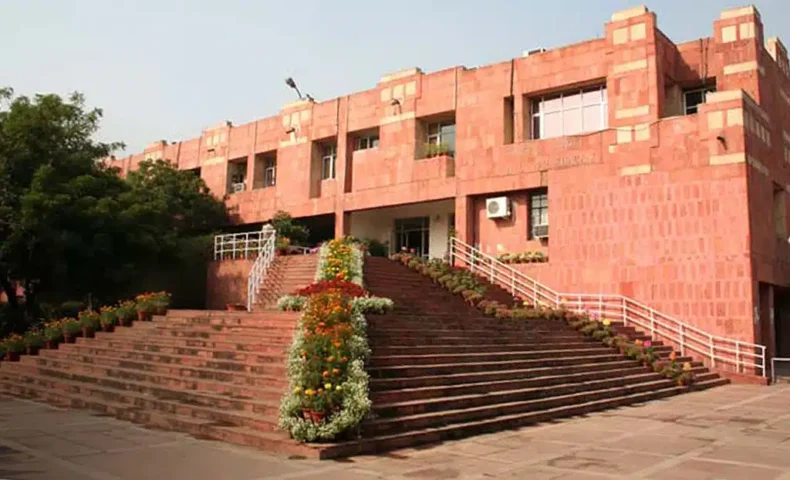Jawaharlal Nehru was the first Prime Minister of India after independence and one of the absolute statesmen India had. He was born in 1889 in Allahabad.
INTRODUCTION:
His father was Motilal Nehru, a famous wealthy lawyer with ambitions of his only son and later became a very famous figure in the struggle for Independence. He wanted his son to absorb the language and culture of India’s British rulers and so, fifteen years old Jawaharlal Nehru was sent to England where he first studied at Harrow University and then at Cambridge.
Jawaharlal Nehru returned to India in 1912. His experience in foreign left him unconnected to the world of his own country and people. By the end of the First World War, a newly stirring nationalism attracted him and with his modern outlook, he joined the freedom movement launched by Mahatma Gandhi.
He played a very vital role in India’s independence. As a young and visionary leader, he influenced the Indian masses, during his election campaigns people in large numbers waited to hear his speeches.

In a very short time, he became a very popular leader. After gaining Independence he became the first Prime Minister of Independent India and played a very important role in nation-building.
Being a visionary and modernist Jawaharlal Nehru’s role in nation-building, and his contribution to the development, growth, and modernization of India is immeasurable.
Nehru’s ideals and philosophies were very different from others, he was a modernist, and he always strived to reform India and modernize her so that India can become self-dependent. He laid the foundation of the ideals and principles of democracy, liberty, fraternity, and secularism upon which the nation is standing.
He was a liberal democratic leader who constituted the newly independent nation into the “world’s largest democracy” securing the fundamental rights of its people and state governed by the Directive Principle of State Policy (DPSP) to strengthen the pillars of democracy i.e.- Legislative, executive, Judiciary, and Press instituted by him and enshrined in the constitution.
He was not only a popular leader among the masses but also a very great and successful parliamentarian and administrator. He was never biased in any aspect, his dressing to the masses; his parliamentary speeches reflected a deep understanding of India and its people.
In his eyes, all the people were equal, because of his commitment to the values of secularism he had an understanding of India with its diverse social, religious, cultural, and ethnic differences leading to the unity of the nation.
His letters to the chief ministers of the states during his time can be a guide and inspiration for the chief ministers today. Nehru’s autobiography ‘The Discovery of India’ gives a detailed glimpse of his life and his vision for India.

Nehru’s Objective Resolution
Nehru move the historic objective resolution in the Assembly it laid down the fundamentals and philosophies of the constitutional structure, some of the important points of the objective resolution are as follows-
- The constituent assembly declares its firm and Solemn resolves to proclaim India as an independent sovereign republic.
- All territories that till now known as British India will after the formation of the constitution be known as the territory of India or the Union of states of India.
- All Powers and 30 of sovereign independent India and all the organs of government institutions will derive their powers from the people of India.
- Adequate safeguards will be provided to all the minorities, backward classes, tribals, and weaker sections.
By reading the objective resolution by Jawaharlal Nehru we can think about how he imagined his India, where all the people have equal rights and opportunities, living with freedom, liberty, and justice.

PLANNING COMMISSION
Inspired by the Soviet Union model of planning he instituted the Planning Commission in India for the balanced development of the country and the 5-years plans started by the Planning Commission. By introducing a five-year plan he wanted to Industrialize India and for that technology and technologists are very important. Jawaharlal Nehru was very fascinated by modern science since his days as a student at Cambridge. Under Nehru’s direction, a chain of new research laboratories was set up.
ARCHITECT OF MODERN INDIA
Nehru was the architect of modern India. In 1954, he brought a state reorganization act that said to divide India on a linguistic basis. In the same year, he also started the Make in India program. In 1950, he instituted an election committee. He also worked in the educational field, he established IIT in 1950. In 1954- Tata Institute for Fundamental Research was established.
In 1954, Bhabha atomic research center was established by Homiji Bhabha. In 1954 National Defense Academy (NDA) was established in Pune.
AIIMS was established in 1956, defense research and development organization (DRDO) was established in 1958, in the same year Vikram Sarabhai space center was established at Thiruvananthapuram, Kerala. During his regime, various famous Dams were also constructed such as Hirakud Dam in Uttarakhand, and Bhakra Nangal Dam in Punjab.
They would rescue agriculture from the uneven monsoons and produce electric power to run the industries established by the five-year plans. The Iron and steel mines at Bhilai, Durgapur, and Rourkela were also set up during the second five-year plan.
FOREIGN POLICY
Jawaharlal Nehru also gave great importance to foreign policy; he said foreign policy was a means of making India’s presence known to the world. Even the opposition appreciated what Nehru had done for India’s International footing. The policy of Non- alignment seemed to them as a creative application of Gandhian principles in world affairs. His policy of Non-alignment was greatly praised at the world level.

REFERENCE: https://journals.sagepub.com/doi/abs/10.1177/0019556119640202?journalCode=ipaa












